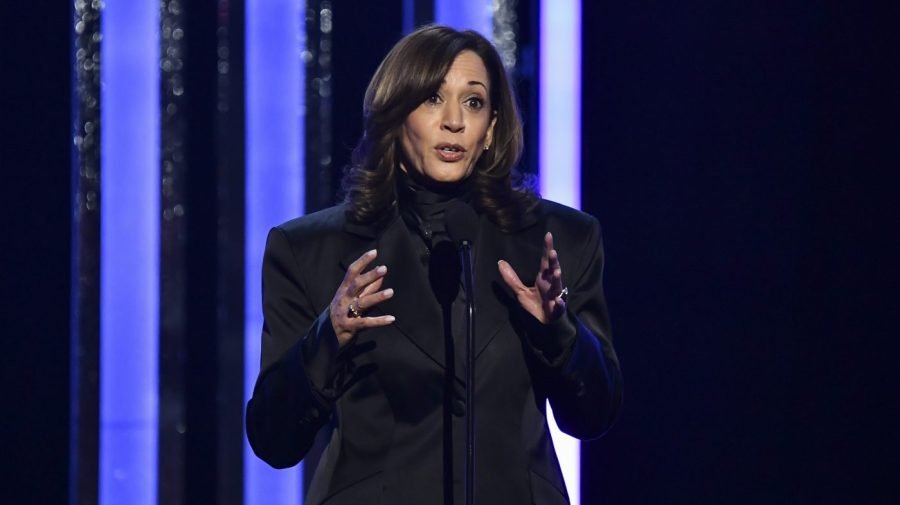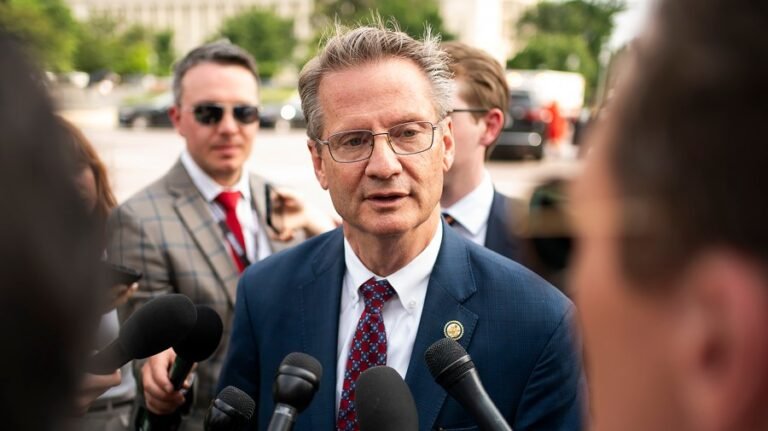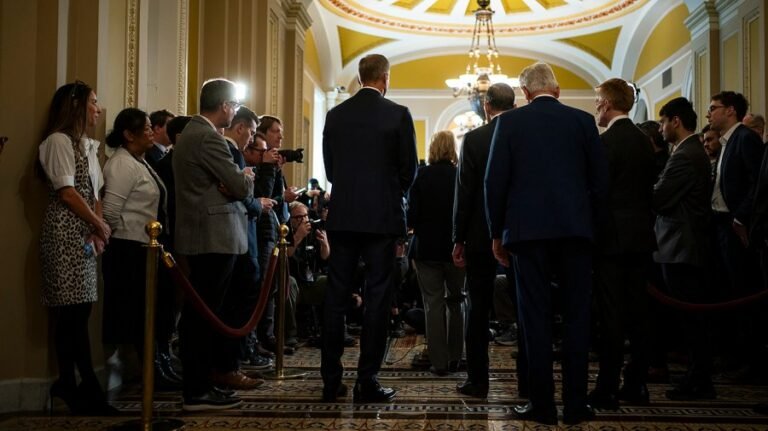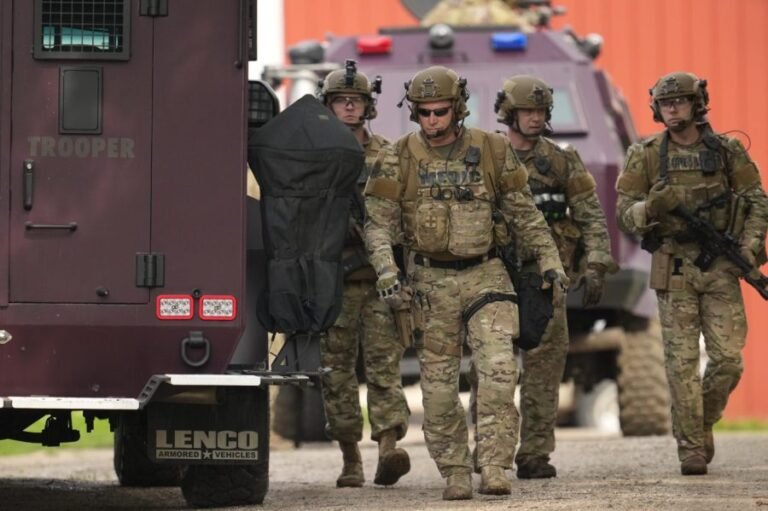
Maybe the Democratic insiders in Washington were right about Kamala Harris.
Despite a wealth of advantages, Harris and her team don’t seem to know what to do next. Her reappearance in the public has been rather unremarkable, rehashing Democratic tropes about Donald Trump along with the expected policy bromides. That’s just not going to cut it.
From the outside, it is astonishing how quickly the political cognoscenti have dismissed the former vice president. There should be no question about her being the leader of the Democratic Party, and she’s an obvious front-runner for the 2028 nomination. Harris got more than 75 million votes in 2024 with 95 percent of Democrats voting for her, according to the exit polls. In a party still mired in identity politics, Harris checks more boxes than any other putative Democratic candidate.
She remains popular as well, with the most recent YouGov poll showing Harris at 87 percent favorable against 9 percent unfavorable with Democrats. The McLaughlin poll has Harris at 88 percent favorable against 10 percent unfavorable.
But the cracks start to show with her ballot tests versus other Democratic hopefuls.
The most recent polling by McLaughlin has Harris with just 30 percent of Democratic primary voters, while Echelon Insights has her at 32 percent. She remains far ahead of any rivals, leading second-place Pete Buttigieg by 22 points in the Echelon poll and Gavin Newsom by 22 points in McLaughlin.
As long as Harris is in the mix, she is likely to lead all Democrats just based on name recognition. If she does run in the next election, she will lead in all national polls until the first Democratic primary contest. But can she actually win the nomination once she has to get votes on her own? Her first run in 2020 ended rather ignominiously and the 2024 nominating contest involved not much more than a spate of phone calls and allowing the weight of being the incumbent vice president to crush any potential opposition.
The last few months are showing why the D.C. establishment was extraordinarily unimpressed during her veep tryout.
The return of Harris has been, at best, desultory. Her first major address was a ChatGPT-inspired cataloguing of Democratic complaints about President Trump and perfunctory praise for her grandstanding potential rivals. Her follow-up was a private address to Australian real estate agents. Who is scheduling this nonsense?
This tentative, scattershot rollout shows the fundamental problem with Harris and her team: They lack any strategic vision, and Harris herself seems petrified of angering or even slightly annoying anyone in her fractious party. She lacks confidence, and what charisma she has is definitely low wattage. Her polling numbers, identity qualifications (as a non-white woman) and former vice presidential status should be intimidating to other Democrats, but nobody is afraid of Kamala.
Her flirtation with running for California governor in 2026 is not helping, since that would end her presidential ambitions. She cannot run for governor in 2026 and president in 2028. Between the bad timing, the unfortunate Nixon comparisons and the immediately violation of the pledge not to run for president that she would have to make on the gubernatorial campaign trail, it’s just not feasible.
That puts Harris in the mix for 2032 at the earliest. If a Democrat wins in 2028, Harris will be staring at 2036 — 72 years old and likely needing to knock out an incumbent vice president and whoever else jumps in.
To make matters more difficult, California is a mess policy-wise, fiscally and politically. It is hard to believe that Harris can make a dent in the state’s myriad problems. Plus, the politics of the state are far to the left of the rest of the country, meaning her own politics will necessarily be drawn in that direction in order to get anything done.
Harris should re-emerge aggressively — not just attacking Trump, but presenting at least a skeleton of ideas for the future. She should have a real theme. The term “opportunity economy” that she used in 2024 wasn’t great, but it is serviceable. She could be riding that. And she should absolutely ignore all other potential rivals, with the idea that they are politically beneath her. Harris is the leader — Buttigieg, Cory Booker, J.B. Pritzker and Alexandria Ocasio-Cortez can be helpful to her.
But the most important task for Harris is to escape culpability for Trump 2.0 by pinning the blame on Team Biden for losing. That doesn’t mean attacking Joe — after all, he is a sick, confused old man, taken advantage of by his dissolute son and scheming inner circle. Given the revelations in the recent books “Fight” and “Original Sin,” this task should be easy.
It is a challenging weave, but not too difficult for a decently competent politician. Given the reporting, the best line she can deliver is that Biden’s inner circle only did two things well: hide former President Joe Biden’s mental infirmity and get Trump elected. In a Democratic Party where the grassroots are as hostile to the establishment as the Republican grassroots, that line is a sure crowd-pleaser.
Harris has to establish herself independently. She has to take some risks bashing the Democratic insider. They never were on her side when she was vice president, so she doesn’t really have much to lose.
The bottom line for Harris is that the 2028 nomination is not going to be handed to her. She is going to have to work for it and show she has the political chops to run for president on her own. That cannot be done trying to be all things to all people. Harris has all the advantages, but she is showing she doesn’t know what to do with them.
Keith Naughton is co-founder of Silent Majority Strategies, a public and regulatory affairs consulting firm, and a former Pennsylvania political campaign consultant.


